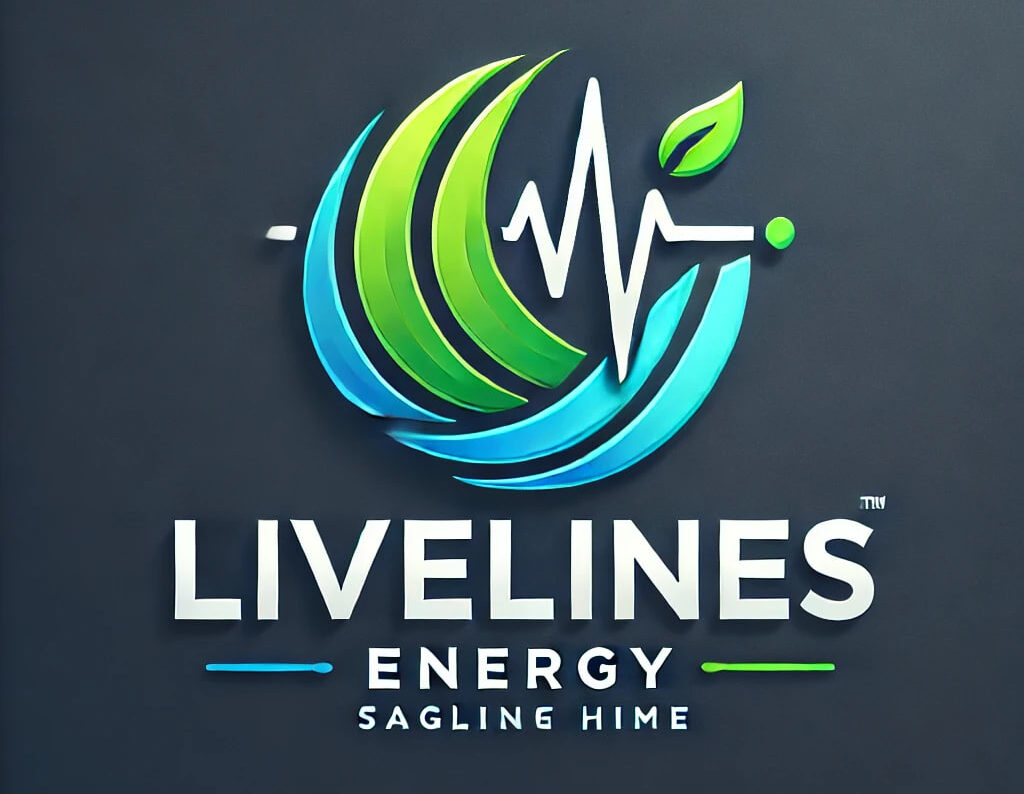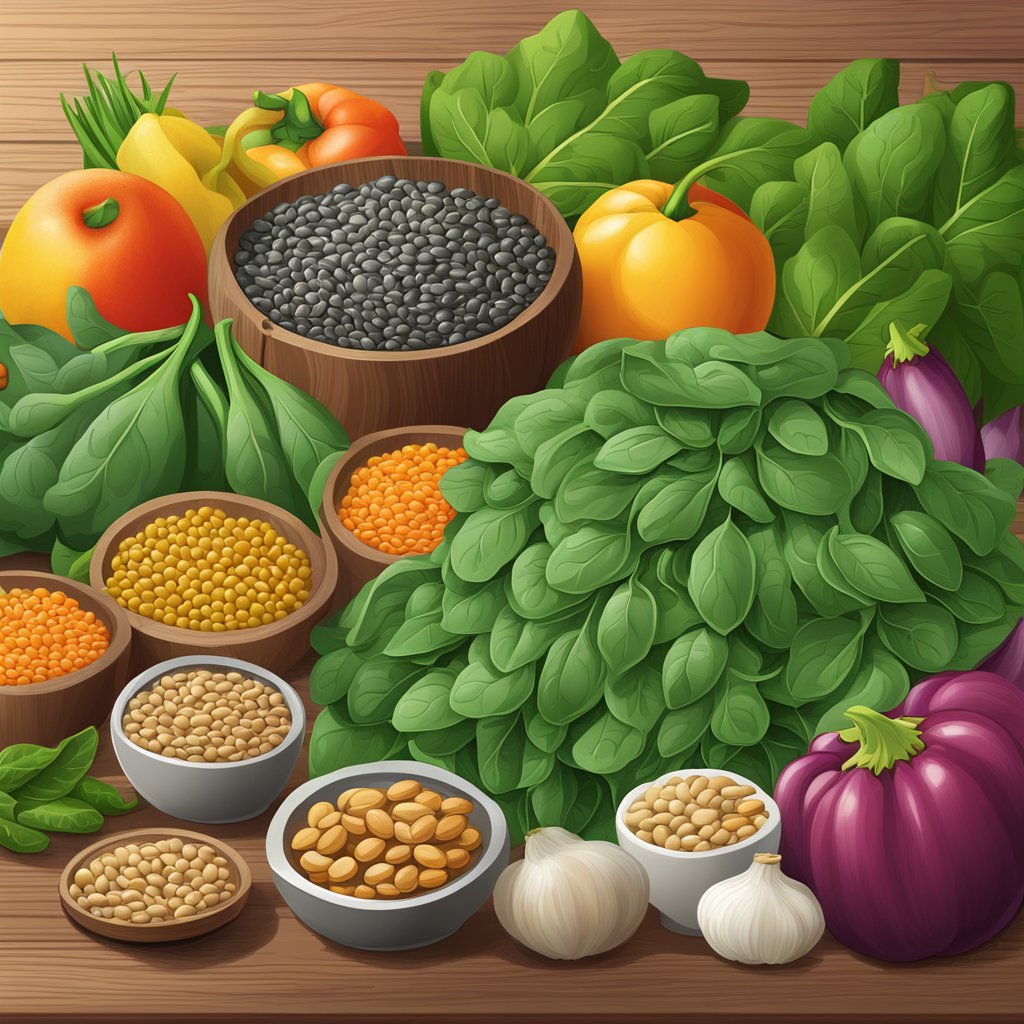Natural iron supplements are gaining popularity as they are often derived from food sources and are thought to be gentler on the digestive system than synthetic versions. Incorporating these supplements into my routine is a straightforward way to maintain my iron levels, especially when my dietary intake is insufficient. They can come in various forms, including pills, liquids, and even whole food options. It’s important for me to choose the right supplement based on my individual health needs and the bioavailability of the iron it provides.
Key Takeaways
- Iron is essential for creating hemoglobin, which transports oxygen in my blood, and insufficient levels can cause anemia.
- I use natural iron supplements to complement my diet and help maintain adequate iron levels in my body.
- Identifying the correct form and dosage of a natural iron supplement is important for optimizing its benefits and addressing individual health requirements.
Understanding Iron and Its Importance
Iron is a vital mineral that my body requires to function correctly. Its roles range from carrying oxygen to aiding in growth and development. Now, I’ll examine the specific types of iron available in supplements, understand its role in my body, consider daily requirements, and learn how to recognize iron deficiency.
Types of Iron in Supplements
Two main types of iron are found in supplements: heme iron and non-heme iron. Heme iron, which comes from hemoglobin and myoglobin in animal food sources, is more easily absorbed by my body compared to non-heme iron from plant sources. Non-heme supplements include ferrous sulfate, ferrous gluconate, ferrous fumarate, and ferrous bisglycinate; each containing a different amount of elemental iron. Ferrous bisglycinate is often touted for its enhanced absorption and reduced gastrointestinal side effects.
Role of Iron in the Body
Iron’s primary function in my body is to form part of hemoglobin in red blood cells, which transports oxygen from the lungs to all of my organs and tissues. It’s also a component of myoglobin, a protein that provides oxygen to muscles. Adequate iron levels are necessary to prevent anemia, which can lead to fatigue and weakness, and in severe cases, heart failure.
Daily Iron Requirements
- Infants: 11 mg (7-12 months)
- Children: 7-10 mg (1-10 years)
- Men: 8 mg (age 19 and older)
- Women: 18 mg (age 19-50), 8 mg (age 51 and older)
- Pregnant people: 27 mg
- Athletes and vegetarians may require higher amounts due to their particular physiological needs.
Identifying Iron Deficiency
Signs of iron deficiency include fatigue, weakness, difficulty concentrating, and shortness of breath. Women with heavy menstrual bleeding may be at higher risk for iron deficiency anemia. If I suspect a deficiency, a blood test can confirm my iron levels. This is crucial since low iron can impair cognitive function, physical performance, and immune response.
Sources and Absorption of Iron
Iron is a vital mineral for the human body, primarily found in a variety of food sources and absorbed differently based on several dietary factors. Understanding iron-rich foods and how to optimize the absorption of iron can significantly impact overall health.
Iron-Rich Foods
Iron in foods comes in two forms: heme and non-heme iron. Heme iron, which is more easily absorbed, is found in animal products, while non-heme iron is present in plant-based foods. For a balanced diet, incorporating a variety of iron-rich foods is important. Below is a list of foods high in iron content:
- Meat and Seafood: Beef, pork, lamb, liver, clams, oysters, shrimp
- Poultry: Chicken, turkey
- Vegetables: Spinach, kale, broccoli, peas
- Beans and Legumes: Lentils, beans, chickpeas
- Nuts and Seeds
- Fortified Foods: Cereals, some breads
- Others: Eggs
Enhancing Iron Absorption
Iron absorption can be increased with certain dietary practices. Vitamin C is known to enhance iron absorption, especially of non-heme iron found in plant-based foods. Consuming foods rich in Vitamin C alongside iron-rich foods is a strategic way to improve iron uptake. Foods high in Vitamin C include citrus fruits, berries, melons, and vegetables like bell peppers and broccoli. Additionally, the presence of heme iron in meals can boost the absorption of non-heme iron. It is also useful to note that meats are not only sources of heme iron but also contain a factor that promotes the absorption of non-heme iron.
- Consume Vitamin C with Meals: Citrus fruits, bell peppers, strawberries
- Include Meat in Diet: Helps increase non-heme iron absorption
Barriers to Iron Absorption
Certain foods and substances can interfere with the absorption of iron. These include:
- Calcium: Competes with iron for absorption. High amounts can be found in dairy products, certain vegetables, and supplements like antacids or calcium-based proton pump inhibitors.
- Phytates: Present in grains, legumes, and some nuts, phytates can hinder iron absorption.
- Polyphenols in Tea and Coffee: These can bind to iron, making it less available for absorption.
- Medications: Drugs like proton pump inhibitors and levothyroxine, as well as certain gastrointestinal disorders, may affect iron absorption.
For optimal iron absorption, it is advised to be mindful of these barriers and adjust the timing of their intake, possibly avoiding them close to iron-rich meals.
Choosing the Right Iron Supplement
When selecting an iron supplement, crucial considerations include the form of iron, correct dosage, possible side effects, and product quality. I’ll guide you through each aspect to ensure you make an informed choice.
Comparing Forms of Iron Supplements
There are several forms of iron available such as heme iron, non-heme iron, ferrous sulfate, ferrous gluconate, ferrous fumarate, and ferrous bisglycinate. Non-heme iron is found in plant-based supplements, while heme iron is better absorbed and is found in animal-based or synthetic supplements. It’s essential to compare:
- Bioavailability: Heme iron supplements generally offer better absorption rates.
- Form: Supplements come in capsules, tablets, and liquids. Choose the form that suits your lifestyle and ease of consumption.
Iron Dosage and Timing
The recommended dosage can vary based on individual needs and health conditions. It’s essential to:
- Consult with a healthcare provider: They can help determine the right dosage for you.
- Consider Timing: Iron absorption can be enhanced when taken on an empty stomach or reduced by antacids and proton pump inhibitors.
Potential Side Effects and Interactions
Iron supplements can lead to gastrointestinal side effects like constipation, nausea, and diarrhea. Be aware of:
- Common Side Effects: Mild side effects are common, but severe side effects should be discussed with a doctor.
- Interactions: Iron can interact with medications and other supplements, so inform your healthcare provider about all the substances you’re taking.
Assurance of Supplement Quality
Quality is paramount in choosing a supplement with:
- Label Accuracy: Check the label for purity and dosage information.
- Third-Party Testing: Trust supplements verified by reputable third-party organizations for quality assurance.
Use the above information as a guide, and remember to consult with a healthcare provider or a registered dietitian when making changes to your supplementation routine.
Special Considerations for Different Populations
When considering iron supplementation, it’s crucial to recognize the unique needs of various groups, such as pregnant individuals, children, and those following a plant-based diet. The differences in lifestyle, physiological requirements, and dietary patterns necessitate a tailored approach.
Iron Supplementation in Pregnancy
I understand that during pregnancy, the need for iron increases significantly due to the growth of the fetus and the expansion of maternal blood volume. Pregnant women should monitor their iron levels closely, as iron deficiency can lead to anemia, which is associated with risks such as preterm delivery and low birth weight. A typical recommendation for iron dosage during pregnancy is an additional 27 mg per day. Prenatal supplements often include both iron and folic acid, which is vital for preventing neural tube defects in the developing fetus.
Iron and Children
The growth and development of infants and young children are highly dependent on adequate iron intake. I’m aware that insufficient iron may impair cognitive development and resistance to infections. For infants, breast milk or iron-fortified formula can provide necessary iron, transitioning to complementary foods, such as pureed meats and iron-fortified cereals, around six months of age. Children between the ages of 1-3 years typically require about 7 mg of iron per day. Parents and caregivers should be vigilant with the dosage, as excessive iron can be toxic to children.
Iron for Vegetarians and Vegans
Vegetarians and vegans sometimes struggle to get enough iron from their diets since they forgo iron-rich meats. However, I ensure that non-heme iron found in plant-based sources such as beans, lentils, fortified foods, and leafy green vegetables should be a dietary focus. The absorption of non-heme iron can be enhanced by consuming vitamin C-rich foods simultaneously. Those following vegan or vegetarian diets should consider their iron levels carefully and might benefit from a supplement, particularly if they are athletes with higher requirements due to increased losses from exercise.
Frequently Asked Questions
Iron deficiency is a common concern, and many individuals seek natural ways to increase their iron levels. In this section, I’ll address some of the most common queries regarding natural iron supplementation.
What foods are considered high in iron to help increase iron levels naturally?
Foods that are naturally high in iron include red meat, poultry, seafood, beans, dark leafy greens like spinach, and iron-fortified cereals. Consuming these foods is an effective way to boost iron intake.
What are some natural iron supplements recommended for individuals with anemia?
Natural iron supplements commonly recommended for anemia include ferrous sulfate, ferrous gluconate, and ferrous fumarate. These are forms of iron that are readily absorbed by the body.
Which liquid iron supplements are most effective while still being natural?
Liquid iron supplements like Floradix and Spatone are popular for their natural formulations and high bioavailability, making them effective choices for increasing iron levels.
What are the preferred natural iron supplements for pregnant women?
For pregnant women, prenatal vitamins that contain iron, as well as natural heme iron supplements, are often recommended to support the increased iron needs during pregnancy.
Can a vegan diet include sufficient iron, and what supplements are available to support this?
A vegan diet can include sources of non-heme iron such as lentils, chickpeas, fortified cereals, and leafy greens. Vegan-friendly iron supplements, typically made from ferrous bisglycinate, can also support this diet.
Are there any drinks that are particularly rich in iron to aid with iron supplementation?
Certain drinks like prune juice, beet juice, and drinks fortified with iron can provide an additional source of this mineral and help with supplementation.

